I know Winforms has only one UI thread, and if you need to update it while you are on another thread, you should use invoke method.
My questions is if what you are doing does not change the look of any control, would that still be accessing the UI thread?
For example, my form1 has a logger which write messages to a local file which users don't see at all. If I use the logger in another thread, say write a new message, would this be considered accessing the UI thread? Yes, logger is initialized in form1.cs, but it has no visual representation on the form at all. Do I still need to use invoke?
Also, if I have a custom control which extends a textbox. The custom control has a property called initialized. Changing this property has no effect on the look of the control whatsoever. Then, if I update this property from another thread, do I need to use the invoke method?
